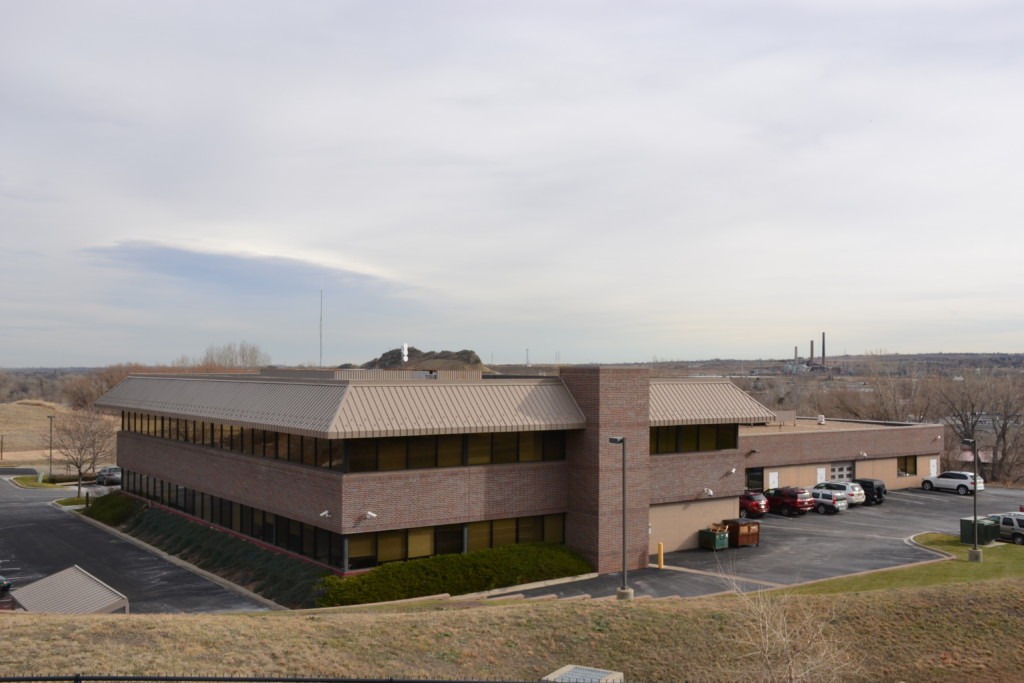Office real estate inspections are provided for a range of commercial businesses. These include various business professionals, medical and dental practices, tech firms, and more for different types of real estate transactions. Such an inspection can occur before the purchase or sale of a commercial property, or at any time during the lease of the property, including before and after lease execution, and during its term.
Office real estate inspections are performed for a variety of property subcategories, including:
- office buildings (single-story to a high-rise);
- flex spaces and multi-use facilities;
- medical and dental office suites;
- office suites and condominiums (one or more units); and
- residential buildings that have been or will be converted to commercial space.
About the Inspection
The CCPIA inspector will conduct his/her office inspection in accordance with the International Standards of Practice for Inspecting Commercial Properties (ComSOP). As a baseline, the inspection will provide the client with an inventory of the building’s major systems and components, and an evaluation of their physical condition. The commercial inspector will look specifically for issues that the client will want to know about before acquiring, selling or leasing the property.
For Office Real Estate Owners and Investors
Although office real estate can be highly profitable, the potential for steady cash flow is dependent on the subject property’s track record for proper maintenance and repairs.
The assessment performed by a commercial property inspector will provide an understanding of whether previous owners, managers and tenants kept up-to-date with the inevitable routine maintenance and repairs, or it may alert the client to the end of the service life of various components. This can potentially save the client hundreds of thousands of dollars and ensure that they can rely on their commercial property as a cash-generating business.
A commercial property inspection will also help the client:
- maintain tenant satisfaction by offering competitively priced rent to retain tenancy;
- strategically acquire and successfully manage a building;
- predict imminent maintenance and repairs; and
- evaluate work completed by tenants and facility managers.
The inspection performed will also provide information pertaining to the building’s life safety features, which can reduce the owner’s liability and ensure the health and safety of the building’s occupants.
For Office Real Estate Tenants
A commercial real estate lease is one of the biggest financial obligations for any company. Understanding the condition of a building as a whole at the pre-lease stage, during the lease, or post-lease can save the client thousands of dollars in the long run. All buildings require routine maintenance and the eventual replacement of major systems and components. However, these pose potential risks that could affect the client’s operating expenses or disrupt their daily business operations, if deferred. The defects discovered by a commercial property inspector will help the client better prepare or negotiate leases and renewals. It can also help ensure the safety of employees and customers.
Additionally, the commercial inspection report can help the client decide whether a particular building is a good fit. Aside from the financial obligations that they’ll be bonded to in a lease agreement, all commercial buildings have physical limitations that the client must consider, such as whether the particular building’s use and occupancy are the best fit for the property, whether specific systems need to be upgraded (including a larger electrical capacity to handle multiple computers, etc.), and other factors.
Schedule an Inspection
Regardless of the scope of the inspection ordered, the commercial inspection report will describe physical deficiencies that could potentially create the need for an expensive repair and/or risk the safety of building’s occupants.
Learn more about commercial building inspections and how a client can prepare for one.
Every commercial inspection project is different, so interested parties should contact a member of the Certified Commercial Property Inspectors Association (CCPIA) to discuss their particular project’s requirements.


